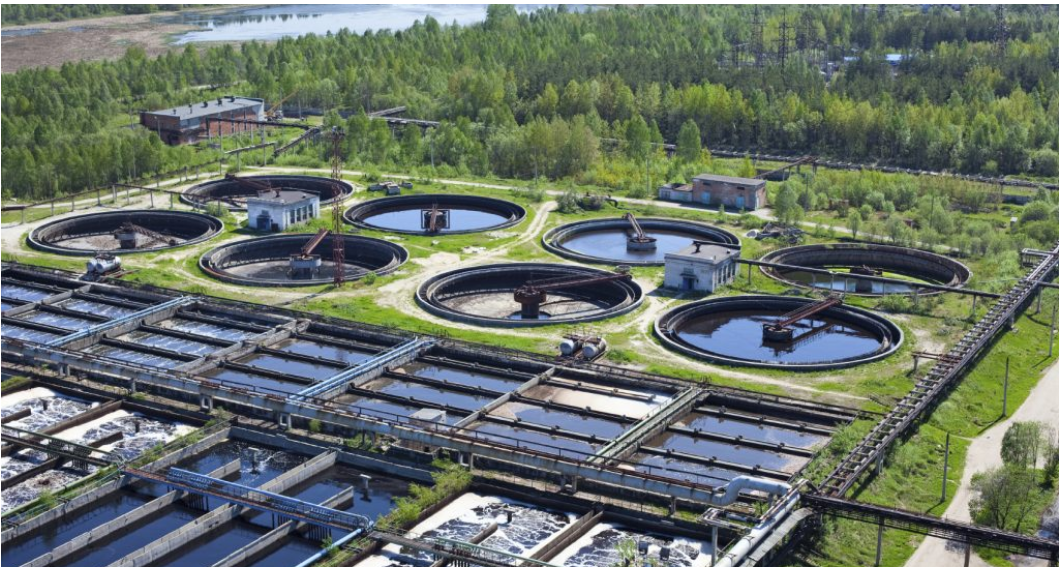Sanitary Engineering: The branch of civil engineering associated with the supply of water, disposal of sewage, other public health services and the management of water and sewage in civil engineering.
Sanitary Engineer:
1. An expert or specialist in the branch of civil engineering associated with the supply of water, collect and disposal of sewage, and other public health services.
2. An engineer whose training or occupation is in sanitary engineering.
3. An engineer specializing in the maintenance of urban environmental conditions conductive to the preservation of public health.
Work of sanitary engineering:
The development of sanitary engineering has paralleled and contributed to the growth of cities. Without an adequate supply of safe water, the great city could not exist, and life in it would be both unpleasant and dangerous unless and other wastes were promptly removed. The concentration of population in relatively small areas has made the task of the sanitary engineer more complex.
Groundwater supplies are frequently inadequate to the huge demand and surface waters, polluted by cities, towns, and villages on watersheds, must be treated more and more elaborated as the population density increases. Industry also demands more and better water from all available sources. The river receives ever-increasing amounts of sewage and industrial wastes, thus requiring more attention to sewage treatment, stream pollution, and the complicated phenomena of self-purification.
The public looks to the sanitary engineer for assistance in such matters as design, construction, and operation of water and sewage works are treated, the control of malaria by mosquito control, the eradication of other dangerous insects, rodent control collection and disposal of municipal refuse, industrial hygiene, and sanitation of housing and swimming pools. The activities just given, which are likely to be controlled by local or state health departments, are sometimes known as public health or environmental engineering, terms which while descriptive are not accepted by all engineering. The terms, however, are indicative of the important place the engineer holds in the field of public health and in the prevention of diseases.
EPA: Environmental Protection Agency
NPSES: National Pollutional Discharge Elimination System
FWPCA: Federal Water Pollution Control Administration
USPHS: U.S. Public Health Service

